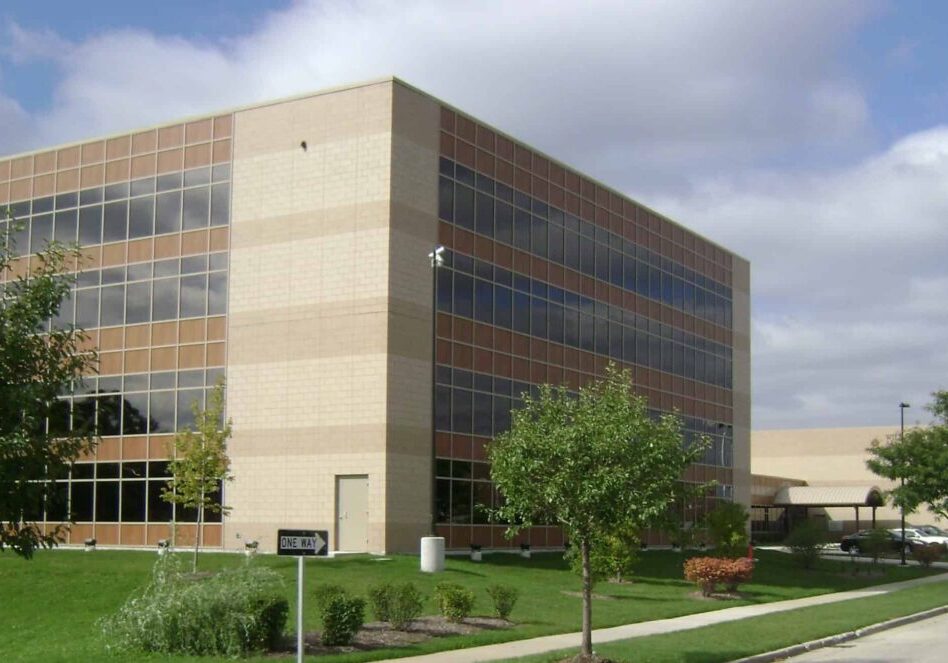
Will County Jail Faces Major Staffing Crisis as 70 Employees Eligible to Retire by 2030
County officials warn of potential budget impact as adult detention facility grapples with unprecedented turnover
Will County’s adult detention facility is heading toward a staffing crisis that could significantly impact county finances and jail operations, according to testimony presented to the Public Health & Safety Committee on June 5.
Chief Deputy Dave Adams warned committee members that 21 correctional deputies will become eligible for retirement by the end of 2025, with an additional 49 eligible by 2030 – representing 70 total potential retirees in the next five years.
“We kind of have to set the standard for correctional deputies in this area because we really don’t know if the other county jails are in the same predicament that we’re in,” Adams told the committee.
The warning comes as Will County continues contract negotiations with the correctional deputies union. Adams noted that recent salary increases approved by the county board have helped with hiring, but maintaining competitive wages remains challenging as other counties also increase their compensation packages.
The adult detention facility, built in 1988 and expanded in 2008, currently operates with direct supervision philosophy, housing approximately 50 inmates per housing unit with one officer. Adams explained that unlike patrol divisions, the jail cannot operate with reduced staffing due to safety requirements and minimum staffing mandates.
Committee Chairman Daniel Butler indicated the staffing concerns should be forwarded to the county’s Finance Committee for budget discussions. “I think we really need to bring Dave back to have further discussion on employment and salaries at finance,” Butler said.
Adams reported that the facility came in $155,000 under its original $51.6 million budget in 2024, demonstrating fiscal responsibility despite operational challenges. The facility is accredited by both the American Corrections Association and the National Commission on Correctional Healthcare – distinctions held by only four adult detention facilities in Illinois.
2024 Jail Operations by the Numbers
The adult detention facility’s 2024 financial performance showed mixed results across revenue streams. While the facility generated nearly $200,000 in miscellaneous revenues, it fell short of budgeted expectations in several categories.
Key revenue sources included $72,500 in corrections academy training reimbursements from the state and $112,179 in federal Department of Justice grants for housing criminal aliens. However, the facility collected no inmate medical fees despite budgeting $15,000 for such collections.
Adams highlighted recent changes that will impact future budgets, particularly new Federal Communications Commission rules prohibiting jails from generating revenue from inmate communications. Currently, revenue from inmate phone calls and commissary purchases funds programs like the Center for Correctional Concerns, which provides counseling, anger management, and substance abuse programs.
“The FCC has ruled that the companies that provide the services for the inmates can still generate revenues and make a profit, but the counties and states can no longer have any funds out of that,” Adams explained. This change will shift the financial burden of inmate programs from inmates to taxpayers unless services are reduced.
The facility also faces evolving challenges in its inmate population. Adams noted that due to recent legislation, particularly the SAFE-T Act, the jail now houses a more concentrated population of violent and dangerous inmates, with fewer low-level offenders like those arrested for DUIs or domestic battery.
“The numbers that we have are much more difficult to manage than if we’d have had that same number 10 years ago,” Adams said, adding that attacks on staff continue to increase, particularly from inmates with mental health issues.
Currently, 151 custodies have been housed in the facility for more than a year, highlighting the complex nature of cases and court processing times affecting jail operations.
Latest News Stories

Committee Advances 50% Increase in Mental Health Levy on 4-3 Vote
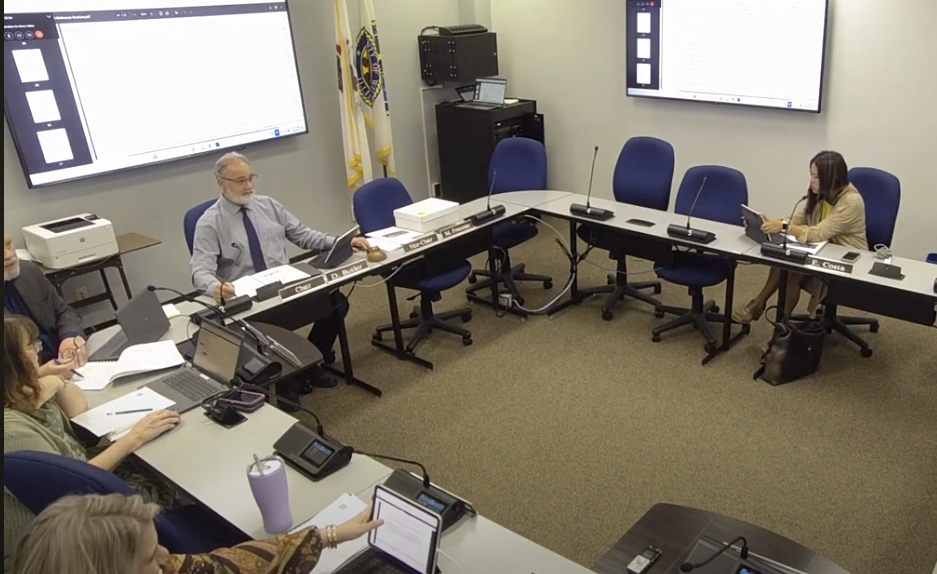
Will County Poised to Launch Major Mental Health Initiative Based on Joliet Program’s Success

Looming State Energy Bill Threatens to Further Limit County Control Over Solar and Wind Projects
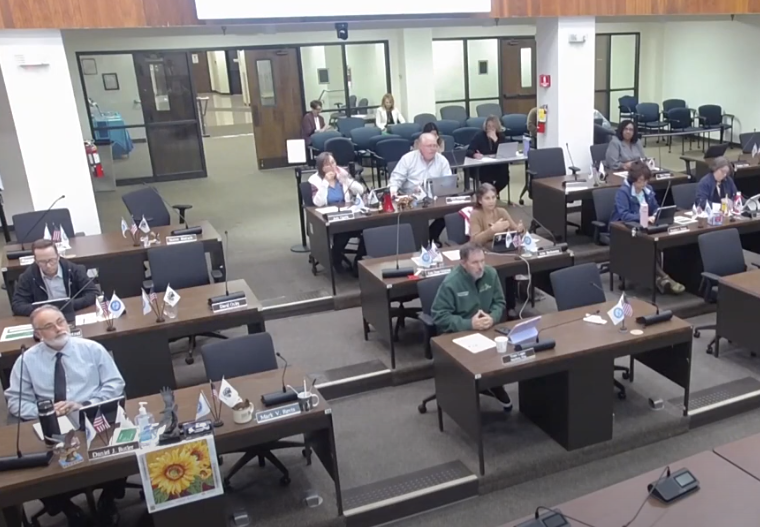
Controversial Immigrant Rights Resolution Postponed by Will County Board After Heated Debate

Will County’s Gas-to-Energy Plant Reports Nearly $460,000 Net Loss Amid Operational Setbacks

Will County to Draft First-Ever Policy on Artificial Intelligence Use

Will County Sees 50% Drop in Opioid Deaths, But Alarming Rise in Suicides
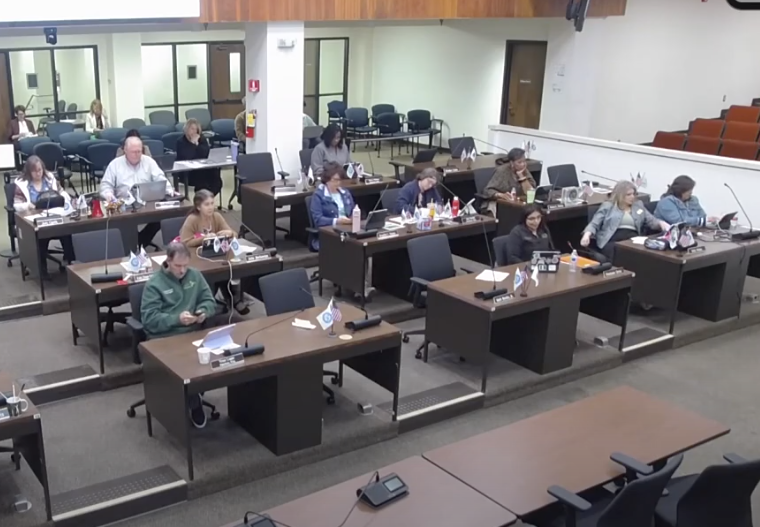
Will County Board Backs Effort to Rename ‘Stigmatizing’ Chicago Sanitary and Ship Canal

Access Will County Dial-a-Ride on Track for Full County-Wide Service in 2026
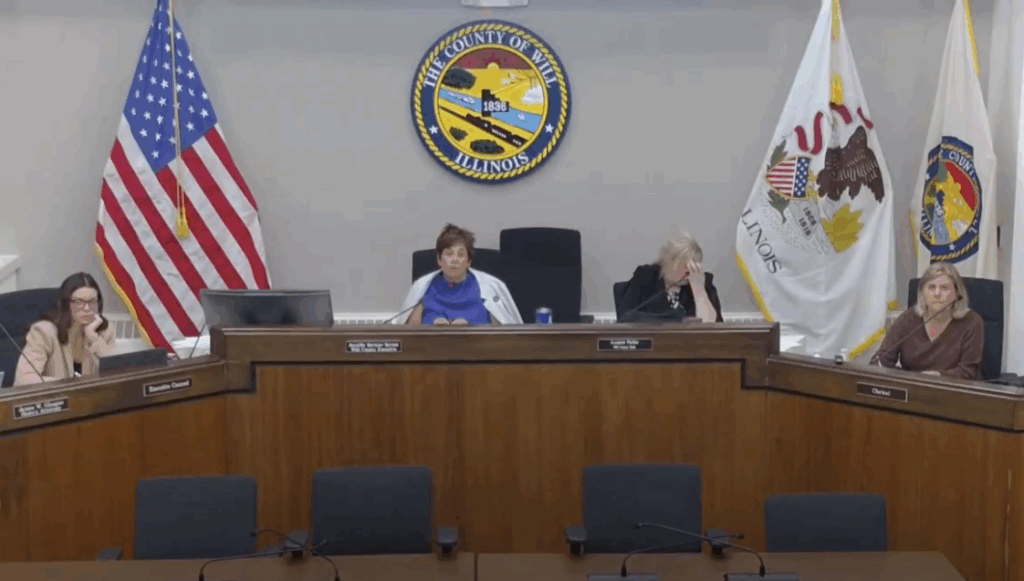
Will County Reverses Zoning on Peotone Farmland to Facilitate 10-Acre Sale
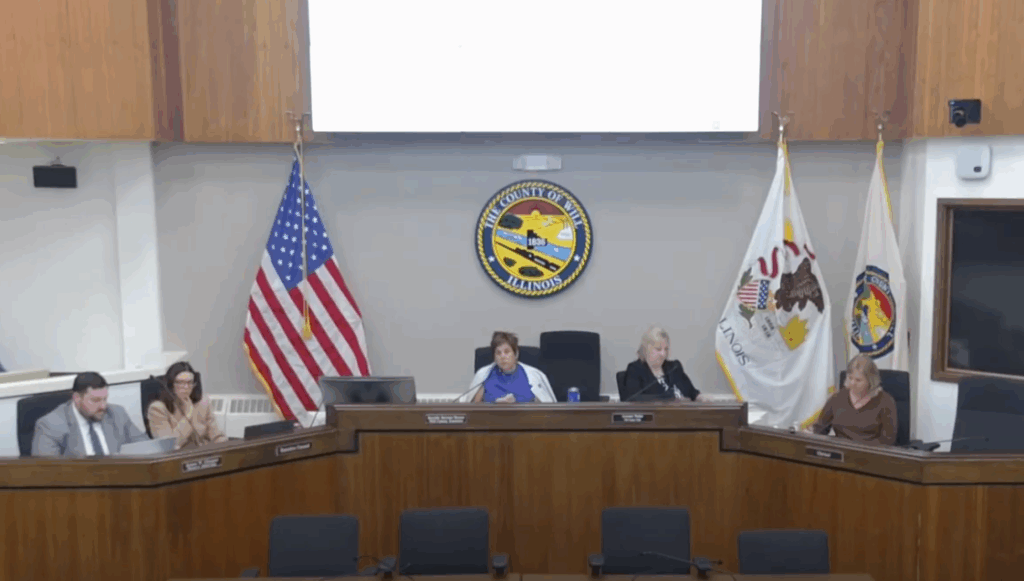
County Board Abates Over $25 Million in Property Taxes for Bond Payments
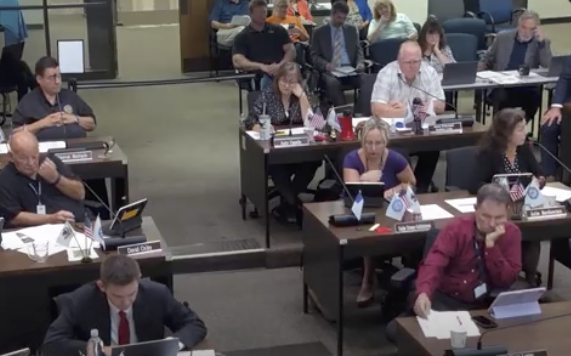
Divided Will County Board Authorizes Condemnation for 143rd Street Widening

Meeting Summary and Briefs: Will County Board for September 18, 2025

